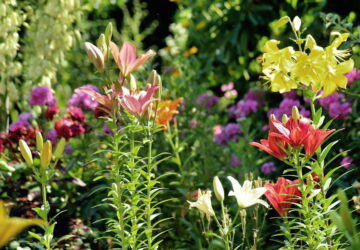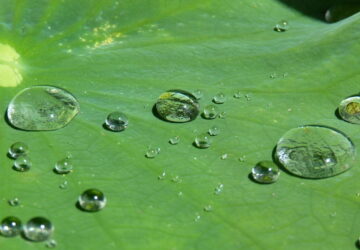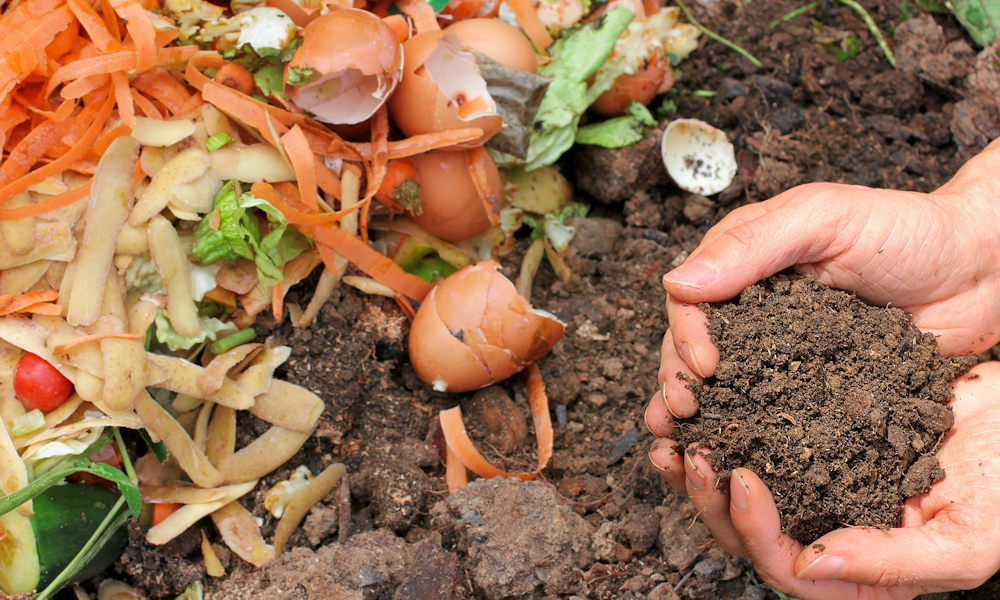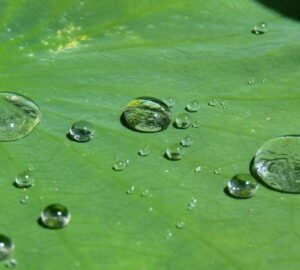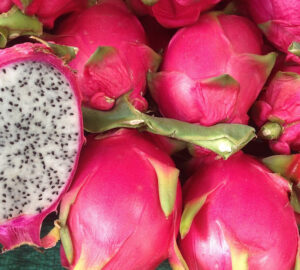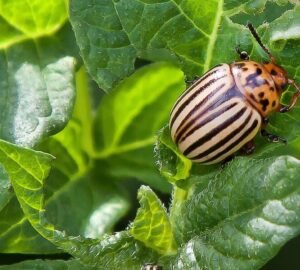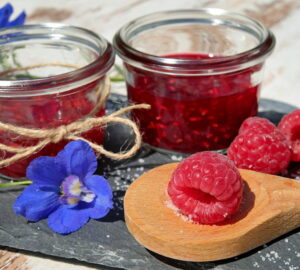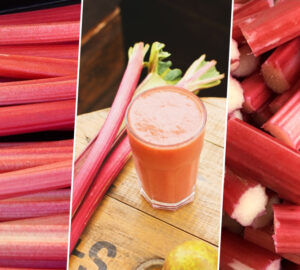Composting kitchen waste is a sustainable practice that benefits both the environment and your garden. However, it’s important for new gardeners to understand which kitchen waste items are suitable for composting and which ones should be avoided to ensure successful and odor-free composting.
Composting is a great way to reduce waste and create nutrient-rich soil for your garden. When it comes to kitchen waste, here’s a breakdown of what can and cannot be composted:
What Can be Composted
1. Fruit and vegetable scraps
This includes peels, cores, rinds and other scraps from fruits and vegetables. These materials decompose easily and provide valuable nutrients to the compost.
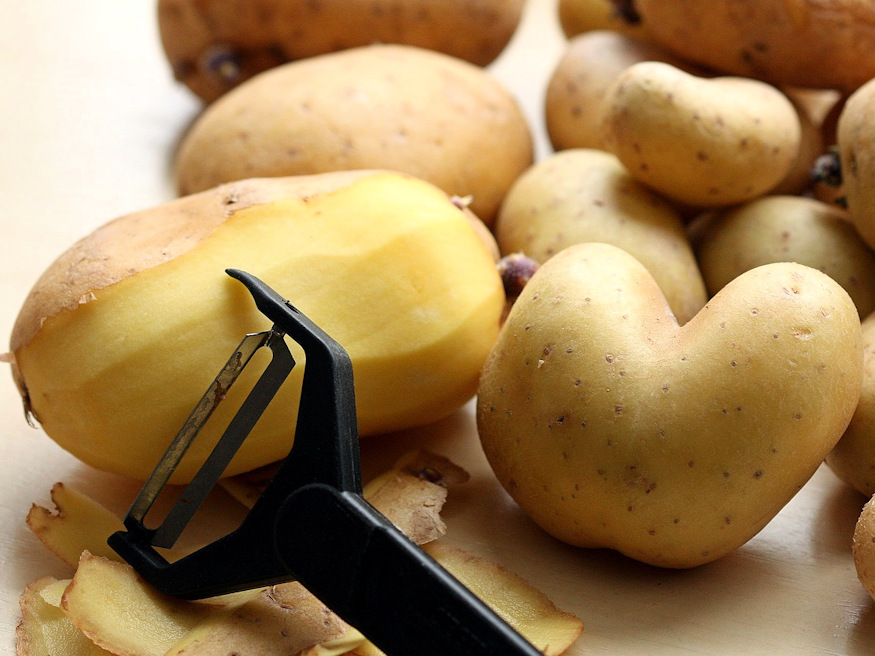
2. Coffee grounds and filters
Used coffee grounds and paper filters are excellent additions to compost. They add nitrogen to the mix and help balance the carbon-to-nitrogen ratio.
3. Tea leaves and bags
Tea leaves and paper tea bags (without staples) can be composted. They contribute to the nitrogen content in the compost.
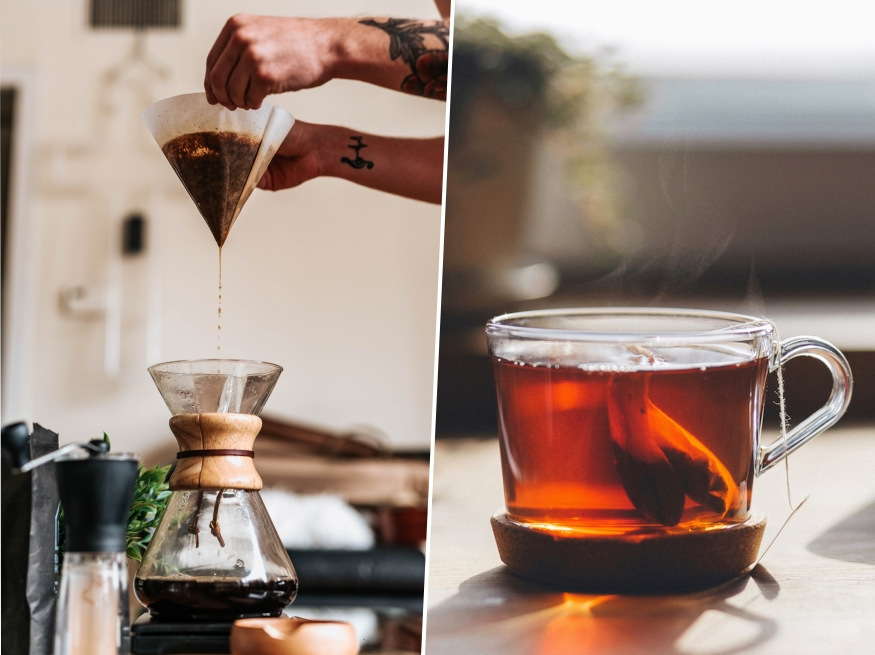
4. Eggshells
Crushed eggshells are beneficial because they provide calcium to the compost. Rinse them out and allow them to dry before adding them to the compost pile.
5. Nutshells
Nutshells, such as those from peanuts or walnuts, can be composted. However, it’s best to crush them or break them down into smaller pieces to speed up decomposition.
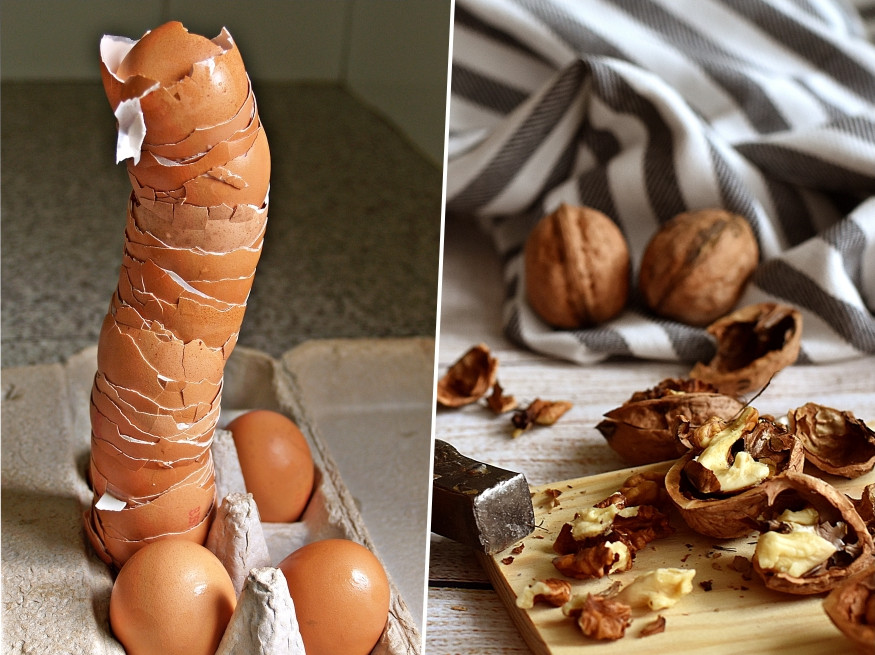
6. Stale bread and grains
Small amounts of stale bread, pasta, rice, or other cooked grains can be composted. However, avoid adding large quantities as they may attract pests.
7. Herbs and spices
Expired or unused herbs and spices can be composted. They break down quickly and add flavor to the compost.
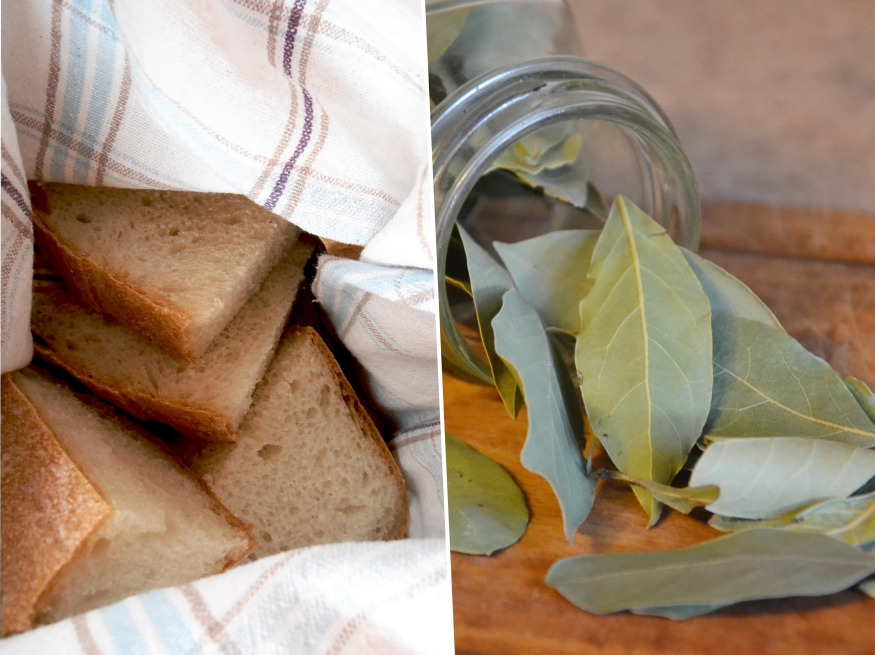
What Cannot be Composted
While composting is a great way to reduce kitchen waste and create nutrient-rich soil, there are certain items that should not be composted. Here are some examples of kitchen waste that should be avoided in compost bins:
1. Meat, fish and dairy products
These items can attract pests and may cause unpleasant odors. It’s best to avoid composting them unless you have a specialized composting system designed for high-temperature composting.
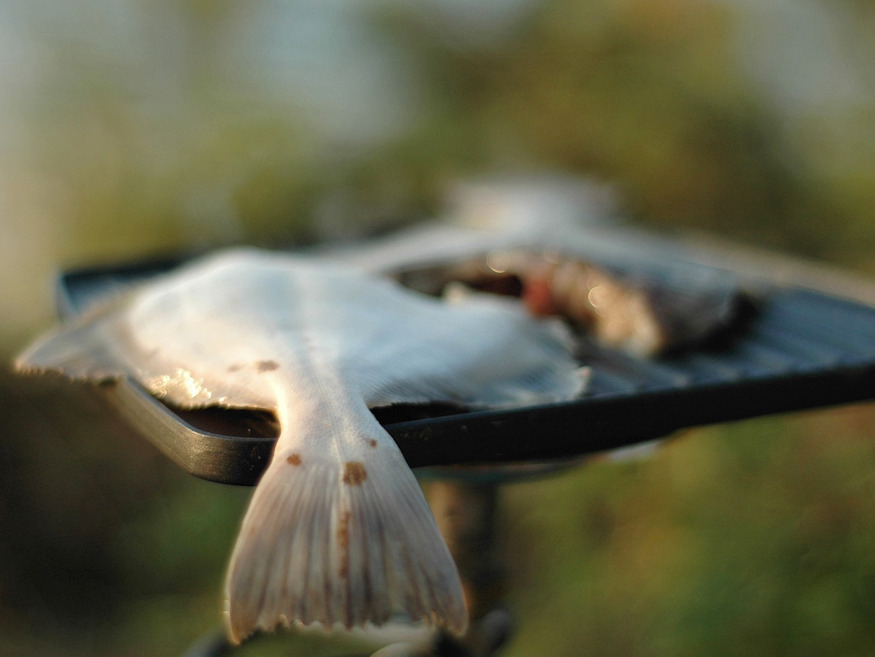
2. Oils, fats and greasy foods
Greasy materials can slow down the composting process and create an unpleasant smell. Avoid adding these to your compost pile.
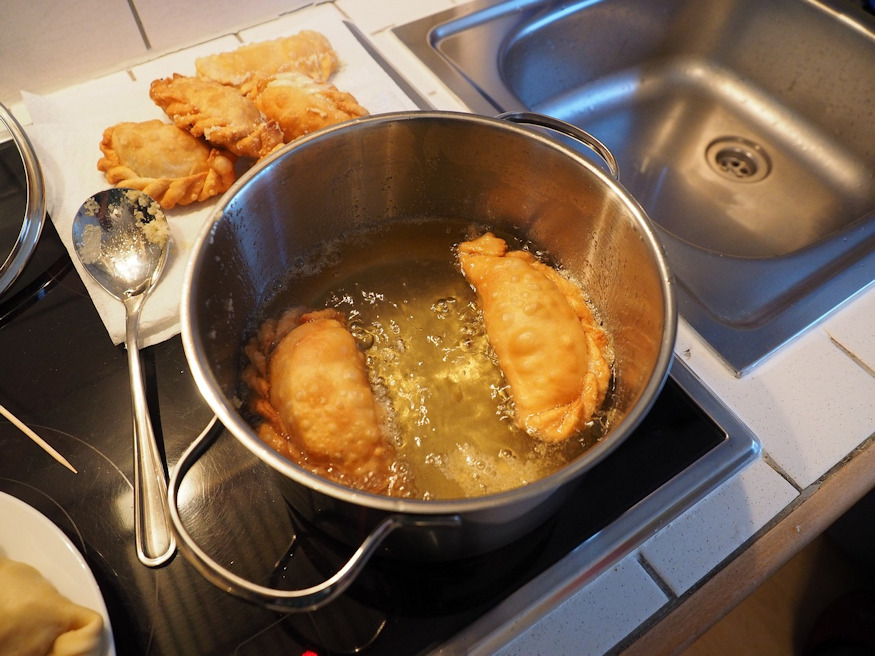
3. Citrus peels and onions
While small amounts of citrus peels and onions are fine, avoid adding excessive quantities as they can make the compost too acidic. If you have a large amount, it’s best to compost them in moderation.
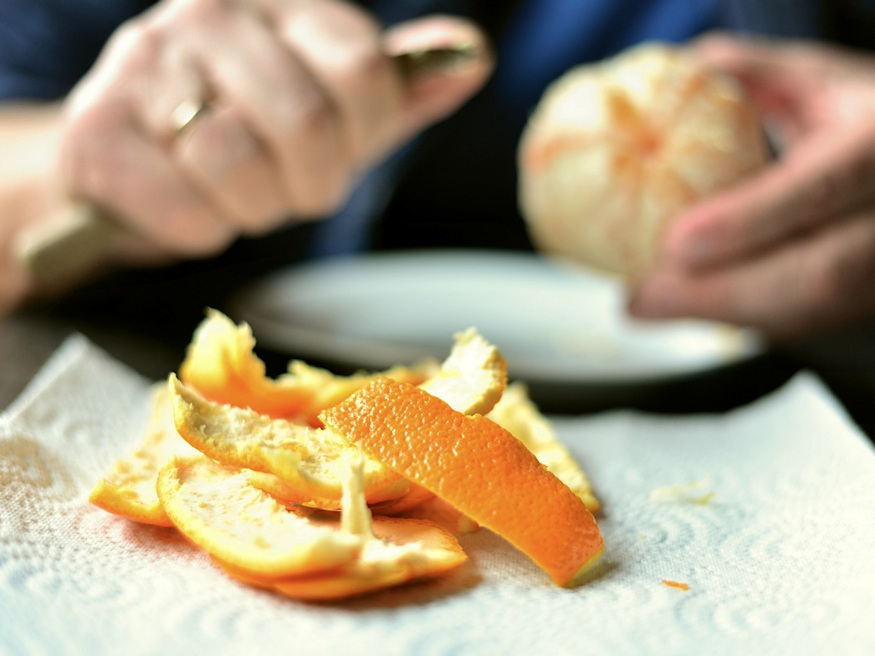
4. Diseased plants or weeds with seeds
Plant material that is diseased or infested with pests should not be composted. Similarly, weeds with mature seeds may survive the composting process and spread when the compost is used.
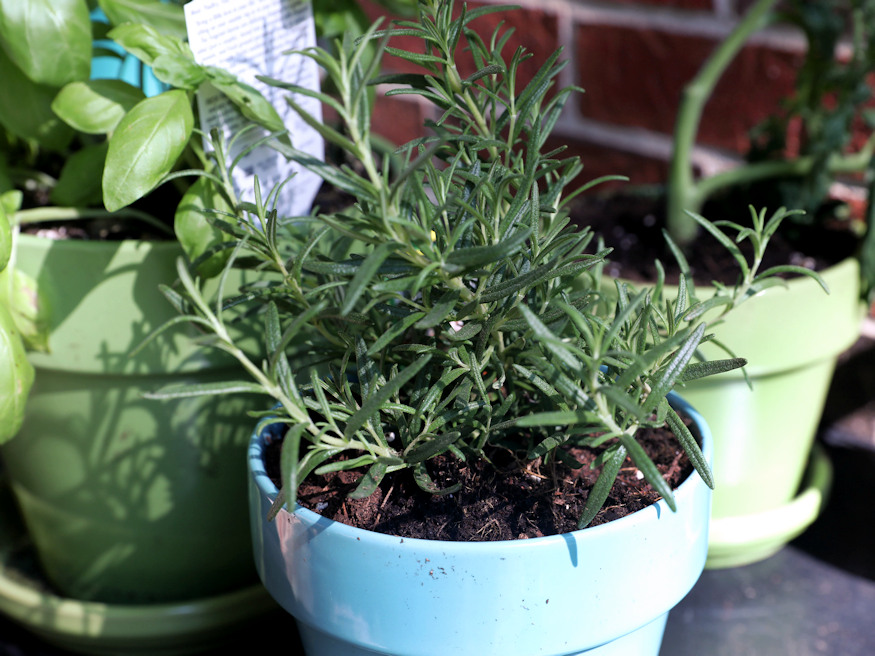
5. Non-biodegradable materials
Items like plastic, metal, glass and synthetic materials do not break down and should never be included in the compost. They can contaminate the soil and take a long time to decompose.
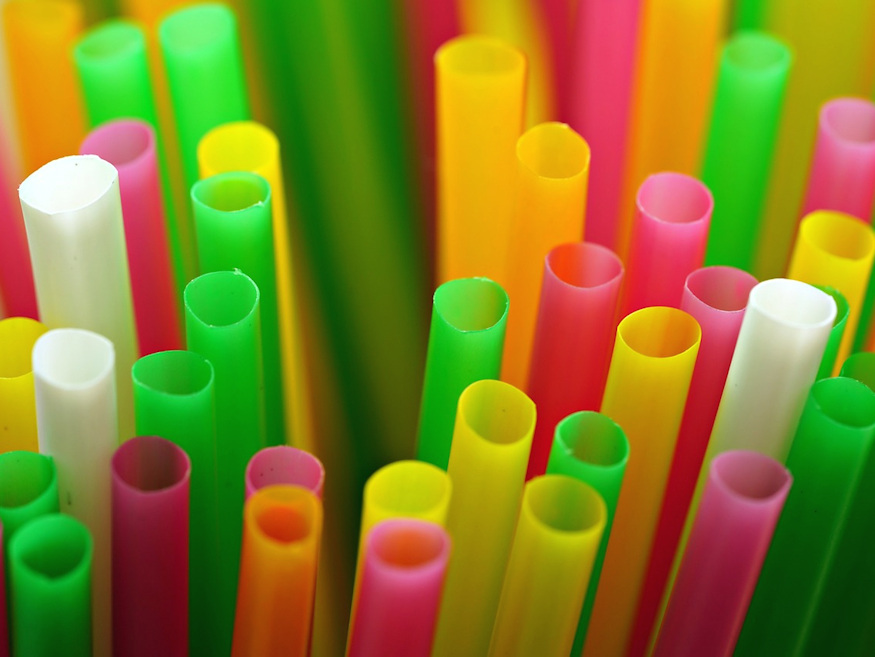
6. Glossy or colored paper
Avoid composting glossy or colored paper, such as magazines or heavily printed materials, as they may contain toxic chemicals that can harm the composting process.
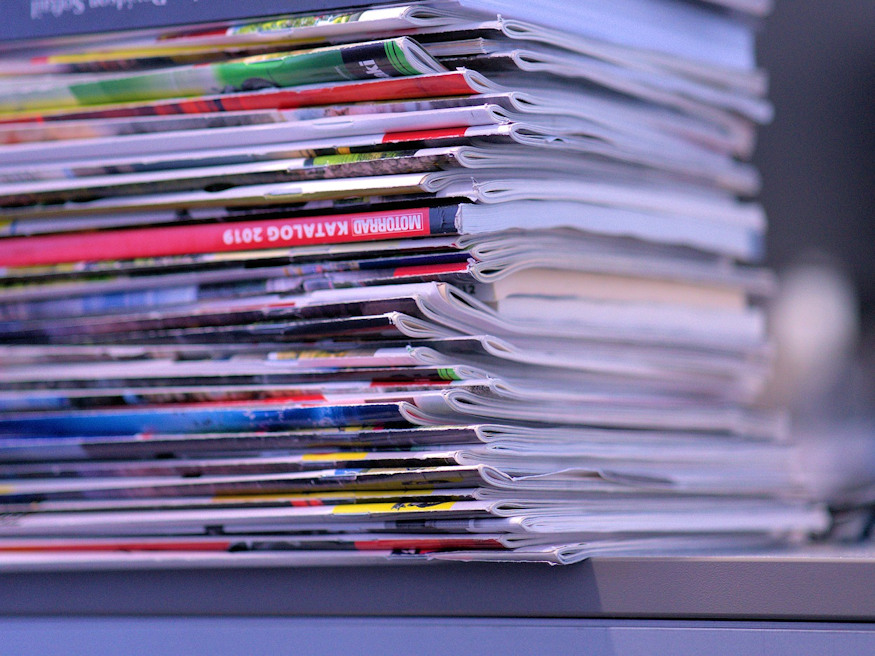
Remember, maintaining a proper balance of nitrogen-rich “green” materials (e.g., fruit scraps) and carbon-rich “brown” materials (e.g., dry leaves, newspaper) is essential for successful composting. Additionally, regular turning or mixing of the compost pile helps with aeration and decomposition.
By being mindful of what you add to your compost pile, you can create a rich, nutrient-dense compost to enhance your gardening endeavors.
